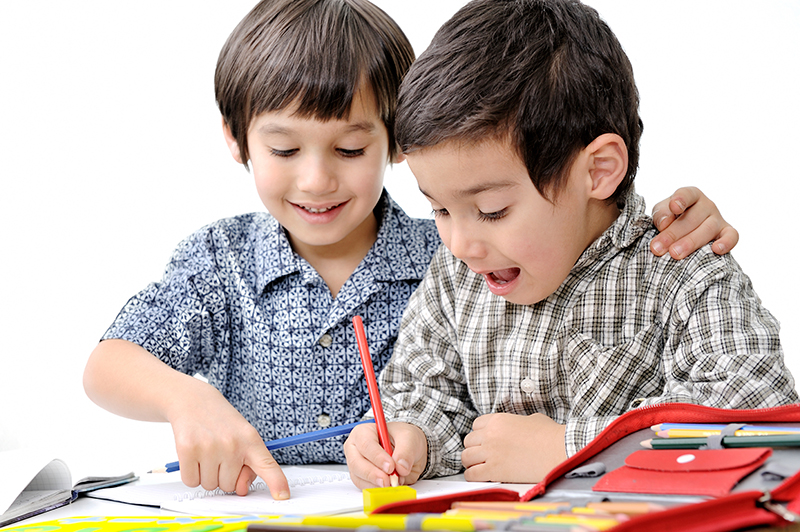“A little consideration, a little thought for others, makes all the difference.” -Eeyore (Winnie the Pooh)
We all want our children to be kind, especially during difficult times. In fact, we find ourselves stunned and embarrassed when we witness them being anything but kind. But childhood is a series of growth lessons and for kids, learning kindness is one such milestone.
In this article, we will explore various strategies and activities to teach kindness to children. From engaging resources to examples of acts of kindness for kids, we’ll equip you with the tools you need to cultivate a culture of kindness in your child’s life.
The Definition of Kindness
We all assume our children know what being kind means, however, it is important to define it for them and discuss it just as you would any other value that’s important to you. So what is the definition of kindness? According to the dictionary definition, kindness is:
- A kind act;
- A tendency to be kind and forgiving;
- The quality of being warm-hearted and considerate and humane and sympathetic.
In simple terms being kind is listening, feeling, and understanding others’ needs and trying to help meet those needs.
How Do We Teach the Lessons of Kindness for Kids?
Model kindness
The first step is by being a role model for kindness, demonstrate acts of kindness for your kids, and they will follow suit.
Ask yourself, “How do my children see me being kind?” Do you interact with the grocery checker as they ring up your groceries or are you talking on your phone and barely acknowledging the checker? Are you a courteous driver or are you seething behind the wheel? Do you do favors for others in need? Do you go up to people who are new and introduce yourself?
These are all little acts of kindness that can have a big impact—you have the power to make someone’s day or ruin it.
Acknowledge both kind and unkind acts
You can feel uplifted by your actions or regretful, and your children are keen observers. Acknowledge when perhaps you weren’t so kind and what you would do differently and why. Point out others acts of kindness and how it made you feel. Rabbi Harold Kushner states, “When you are kind to others it not only changes you, it changes the world.”
Engage children in small acts of kindness
Have your children participate in small acts of kindness from an early age. Simply picking up another child’s pencil off the floor and handing it to them with a smile is an act of kindness. Saving coins in a jar or penny bank and donating them when it’s full is a kindness activity the whole family can partake in.
The importance of being kind is not “a one-time a year around the holidays” occasion but an everyday act.
Just as we are not always our best selves, your child will not always rise to the occasion and do a kind act or act with compassion However, learning what kindness is and how to be kind will serve them well for a lifetime. The following poem demonstrates the importance of a simple smile. It is the small things that make all the difference. When you don’t feel like smiling, try a friendly wave instead!
SMILING
Smiling is infectious; you catch it like the flu.
When someone smiled at me today, I started smiling too.
I passed around a corner and someone saw my grin.
When he smiled, I realized I had passed it on to him.
I thought about that smile and then I realized its worth.
A single smile, just like mine, could travel around the earth.
So if you feel a smile begin, don’t leave it undetected.
Let’s start an epidemic quick and get the world infected.
Author Unknown
Embracing Kindness for a Brighter Future
By modeling kind behavior and fostering a positive environment in your family, you are teaching your children wonderful skills that will be with them for their entire lives. By talking to your children about kindness, and by encouraging and celebrating acts of kindness in their daily lives, you are helping to cultivate a generation that will transform the world.
For one-on-one guidance and support on this or any other parenting challenge, we can help. Connect with a parent coach or access more resources from our Knowledge Base.



